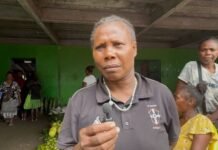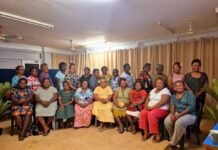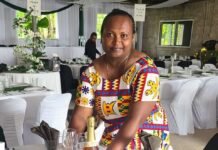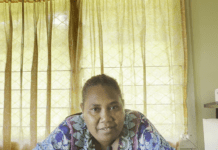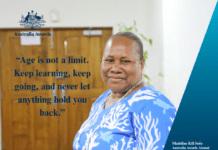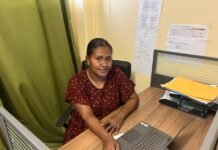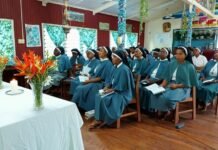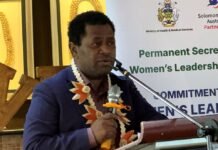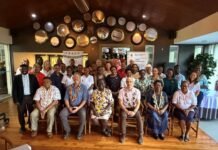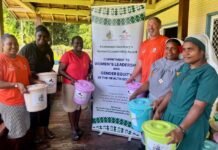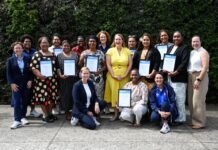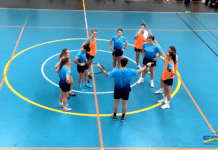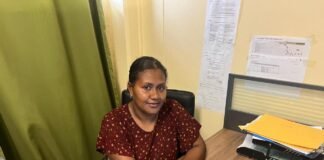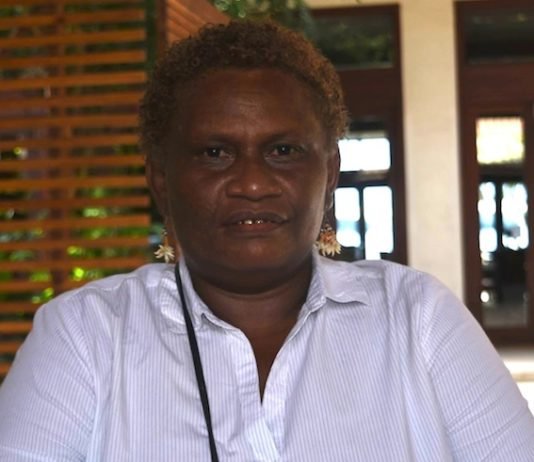
THERE is only two female leaders excelled in the Solomon Islands National Parliament but there are still not enough woman voices in the country’s politics.
“Despite the drive for gender equality promoted by the national government, civil society and women groups, Solomon Islands appeared to have taken little responsibility for narrowing the gender gap in the country’s political representation,” says Member of the Malaita, Provincial Assembly and Minister for Youth Women Children and Family Affairs, Rose Liata told Solomon Women.
Rose was a participant at the recently held Provincial Women Leaders Dialogue Training in Honiara.
She said the women leaders dialogue training is an empowerment for her and provincial women leaders in Malaita province in terms of decision-making.
“As political leader within the Malaita Provincial Government; I’m very happy to have participated with fellow women leaders from Malaita and other provincial leaders to attend such an important and constructive training.
“The dialogue training is seen as a huge benefit and empowerment for me as a woman provincial leader in terms of voicing and addressing issues affecting women at the rural level or setting,” the woman provincial ward member said.
She said in our Melanesian societies, women play a lot of very important roles yet their voices are neglected and cannot be heard.
“The dialogue training primary objective aims empower provincial women leaders so that their voices can be heard and protected as well,” Rose expressed.
Meanwhile, she said the Malaita Provincial Government under the Ministry of Youth Women Children and Family Affairs already have previously launched an Economic Empowerment and Development Policy.
“The policy itself is a new road map that will benefit the majority of women at the rural setting; therefore, the dialogue training will help broaden our minds on how we can go out to implement this policy right down to our rural women in Malaita province.
“Most of our rural women are hardly been seen in the process of decision making because they usually think that their voices would not be recognized in male dominant societies,” Rose added.
As the Minister for Youth Women Children and Family Affairs, she expects the outcome from the two days training will equip them with more constructive knowledge and understanding they to go down to the rural communities and basically implement the priority outcomes or plans of the policy.






